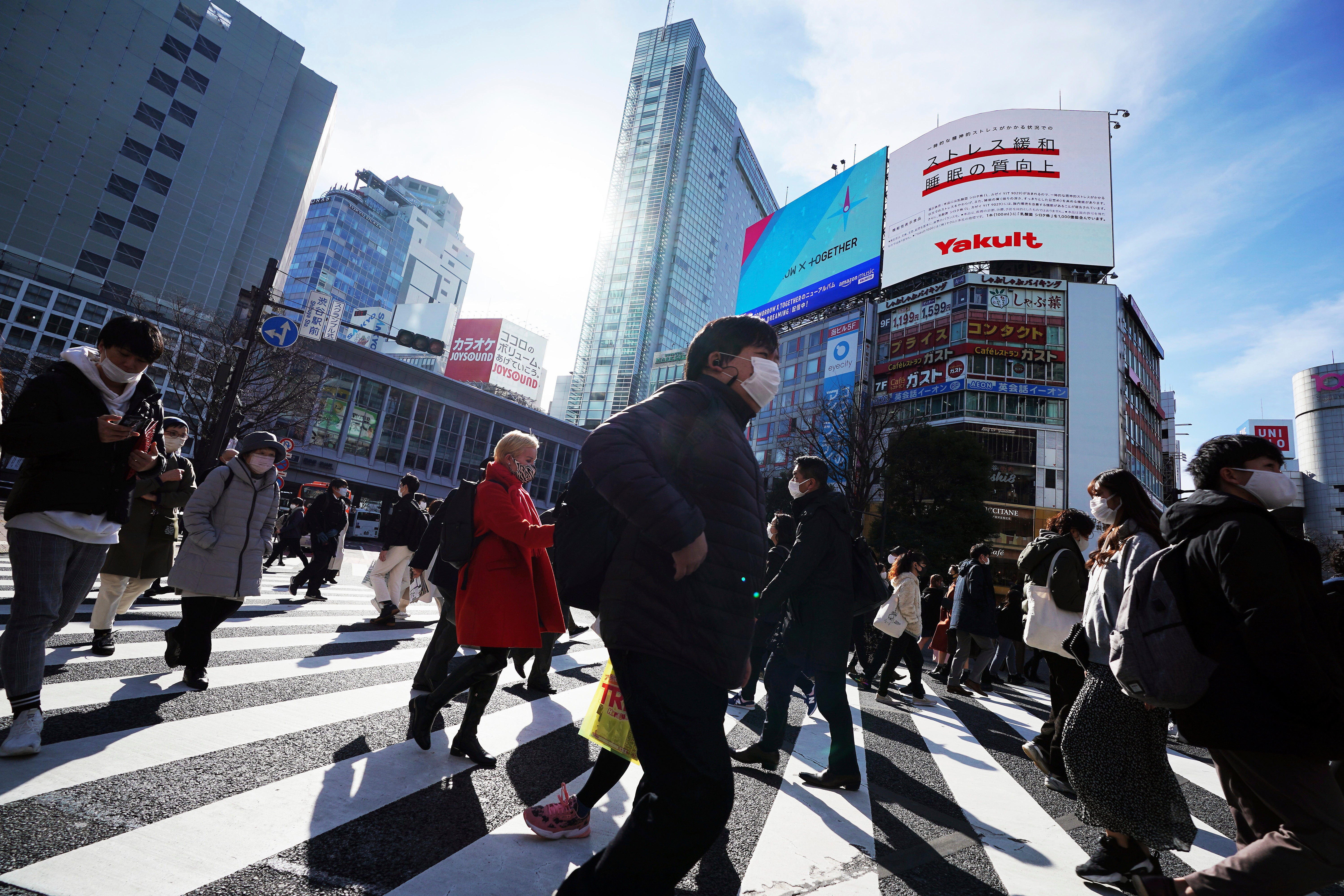Job losses from virus 4 times as bad as '09 financial crisis
A UN report says that four times as many jobs were lost last year due to the coronavirus pandemic as during the worst part of the global financial crisis in 2009

Your support helps us to tell the story
From reproductive rights to climate change to Big Tech, The Independent is on the ground when the story is developing. Whether it's investigating the financials of Elon Musk's pro-Trump PAC or producing our latest documentary, 'The A Word', which shines a light on the American women fighting for reproductive rights, we know how important it is to parse out the facts from the messaging.
At such a critical moment in US history, we need reporters on the ground. Your donation allows us to keep sending journalists to speak to both sides of the story.
The Independent is trusted by Americans across the entire political spectrum. And unlike many other quality news outlets, we choose not to lock Americans out of our reporting and analysis with paywalls. We believe quality journalism should be available to everyone, paid for by those who can afford it.
Your support makes all the difference.Four times as many jobs were lost last year due to the coronavirus pandemic as during the worst part of the global financial crisis in 2009, a U.N. report said Monday.
The International Labor Organization estimated that the restrictions on businesses and public life destroyed 8.8% of all work hours around the world last year. That is equivalent to 255 million full-time jobs - quadruple the impact of the financial crisis over a decade ago.
“This has been the most severe crisis for the world of work since The Great Depression of the 1930s. Its impact is far greater than that of the global financial crisis of 2009,” said ILO Director-General Guy Ryder. The fallout was almost equally split between reduced work hours and “unprecedented” job losses, he said.
The United Nations agency noted that most people who lost work stopped looking for a job altogether, likely because of restrictions on businesses that hire in big numbers like restaurants, bars, stores, hotels and other services that depend on face-to-face interactions.
The drop in work translates to a loss of $3.7 trillion in income globally — what Ryder called an “extraordinary figure” — with women and young people taking the biggest hits.
The ILO report expects a bounce back in jobs in the second half of the year. But that depends on a reduction in coronavirus infections and the rollout of vaccines. Currently, infections are rising or remain stubbornly high in many countries and vaccine distribution is still slow overall.